
- Home
- India
- World
- Premium
- THE FEDERAL SPECIAL
- Analysis
- States
- Perspective
- Videos
- Sports
- Education
- Entertainment
- Elections
- Features
- Health
- Business
- Series
- In memoriam: Sheikh Mujibur Rahman
- Bishnoi's Men
- NEET TANGLE
- Economy Series
- Earth Day
- Kashmir’s Frozen Turbulence
- India@75
- The legend of Ramjanmabhoomi
- Liberalisation@30
- How to tame a dragon
- Celebrating biodiversity
- Farm Matters
- 50 days of solitude
- Bringing Migrants Home
- Budget 2020
- Jharkhand Votes
- The Federal Investigates
- The Federal Impact
- Vanishing Sand
- Gandhi @ 150
- Andhra Today
- Field report
- Operation Gulmarg
- Pandemic @1 Mn in India
- The Federal Year-End
- The Zero Year
- Science
- Brand studio
- Newsletter
- Elections 2024
- Events
- Home
- IndiaIndia
- World
- Analysis
- StatesStates
- PerspectivePerspective
- VideosVideos
- Sports
- Education
- Entertainment
- ElectionsElections
- Features
- Health
- BusinessBusiness
- Premium
- Loading...
Premium - Events
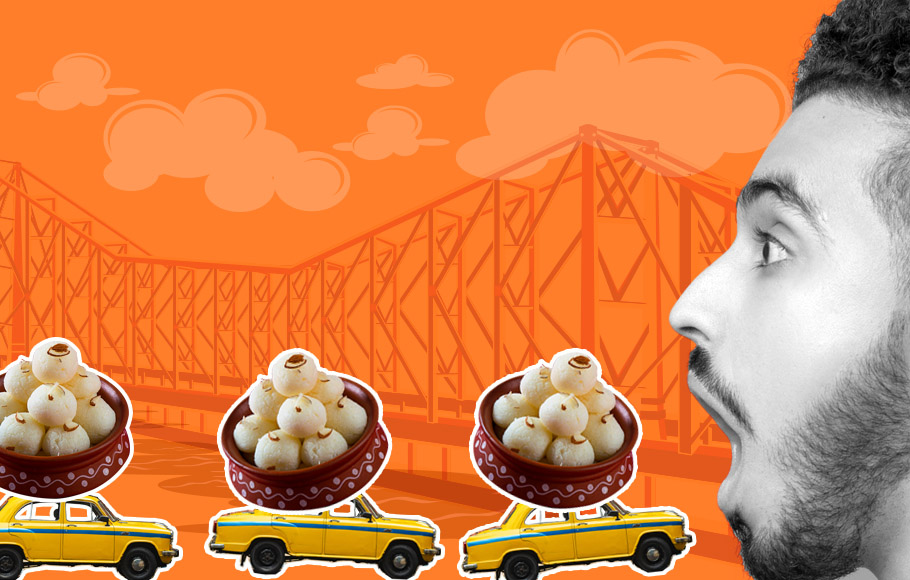
Eat sweets, sleep, repeat: Story behind Bengal's sugar rush amid COVID-19

On the afternoon of March 31, retired bank employee Sudip Dasgupta hopped into his neighbourhood sweet shop in South Kolkata’s Jadavpur area as the state government allowed a four-hour window to tickle the taste buds of sweet-toothed Bengalis. Armed with a face mask and a jhola, the 67-year-old rushed to get his favourite dessert — mishti doi (sweet yoghurt) — the moment he heard that...
On the afternoon of March 31, retired bank employee Sudip Dasgupta hopped into his neighbourhood sweet shop in South Kolkata’s Jadavpur area as the state government allowed a four-hour window to tickle the taste buds of sweet-toothed Bengalis.
Armed with a face mask and a jhola, the 67-year-old rushed to get his favourite dessert — mishti doi (sweet yoghurt) — the moment he heard that the street-corner sweet shop had opened its shutters. Dasgupta was a little disappointed though to find that yoghurt was not yet ready and had to make do with just rosogolla. Nevertheless, he got his much-needed daily dose of mishti (sweet).
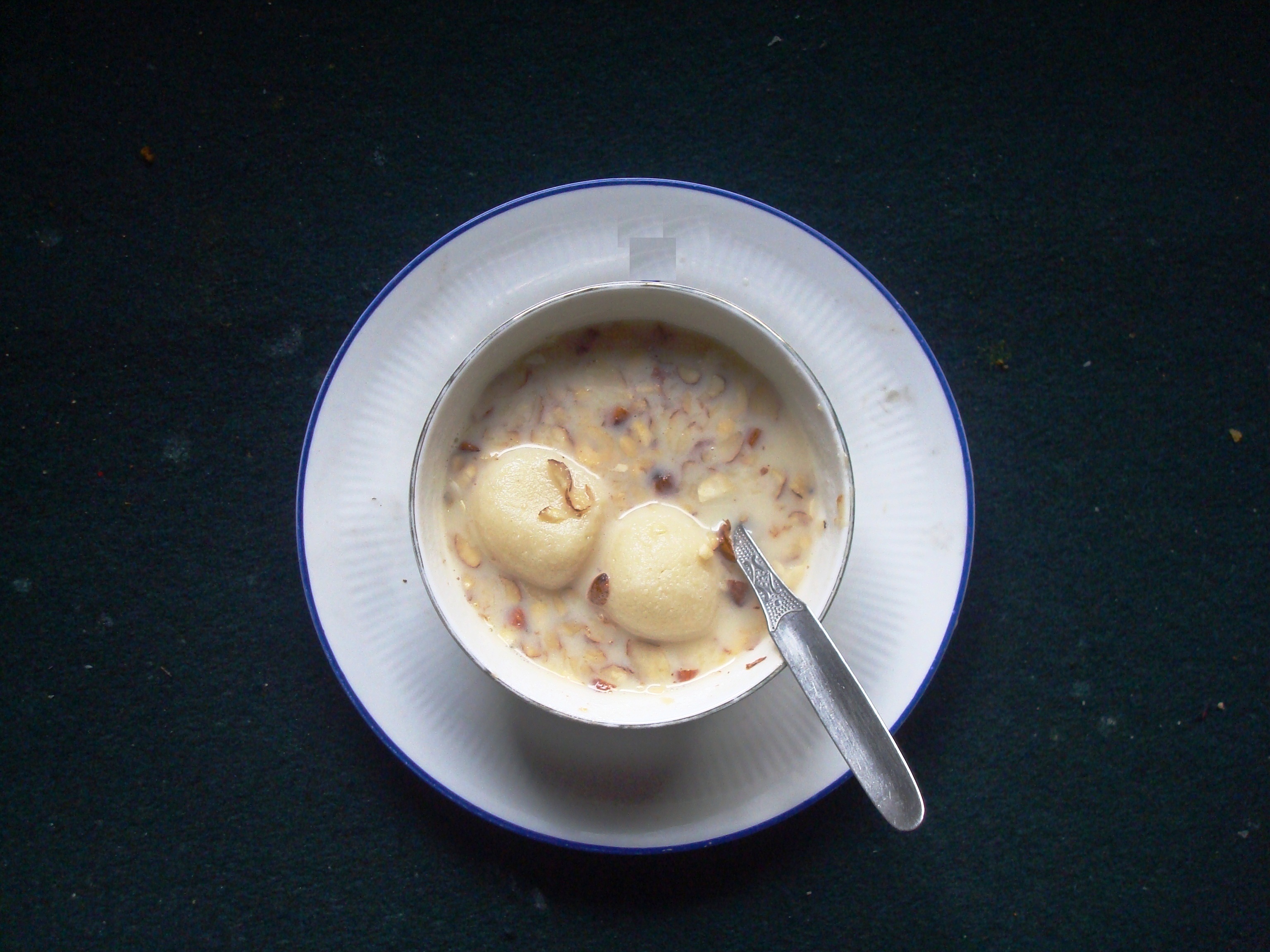
“My meals feel incomplete without something sweet, preferably mishti doi… sesh pate (to wrap it up),” he says, sheepishly adding that doctors have advised him to try and give up this habit as his sugar-level is “in the borderline” — which medically means, he is in the threshold of joining the ever-burgeoning club of type 2 diabetics. According to a health survey, done a few years ago, 3.5%-5.7% of Bengal’s population is diabetic. The figure shot up to 12% for Kolkata.
Bitter pill
The 21-day nationwide lockdown announced by Prime Minister Narendra Modi on March 24 in the wake of COVID-19 pandemic left a particularly bitter taste in the mouth of Dasgupta and many other Bengalis like him as it meant sweets going off the platters.
To ease their lockdown blues as well as to avoid wastage of milk, Chief Minister Mamata Banerjee in a review meeting on March 30 allowed sweet shops to run business from 12 noon to 4pm, but only for takeaways. With that, sweet shops across the state witnessed a steady flow of customers since they reopened.
The state government’s decision comes after sweet makers from Kolkata appealed to the Chief Minister to allow them to open shops and include sweets among essential items exempted from the purview of the lockdown.
The Paschimbanga Mistanna Byabasayee Samity (an apex body of the state’s sweet shop owners with with about 10,000 members) in a letter emailed to the Chief Minister on March 29, drew the attention of the government towards wastage of thousands of litres of milk every day due to the closure of their shops.
“The total requirement of milk in the state is over 10 million litres for sweets, which is entirely going waste,” they had apprised the chief minister in the letter, urging to consider “declaring sweet as necessary item just like, grocery, vegetables, poultry, fish and medicines and allow us to restart.”
The Samity calculated that the aggregated daily loss of its members due to the closure of their shops was to the tune of ₹50 crore.
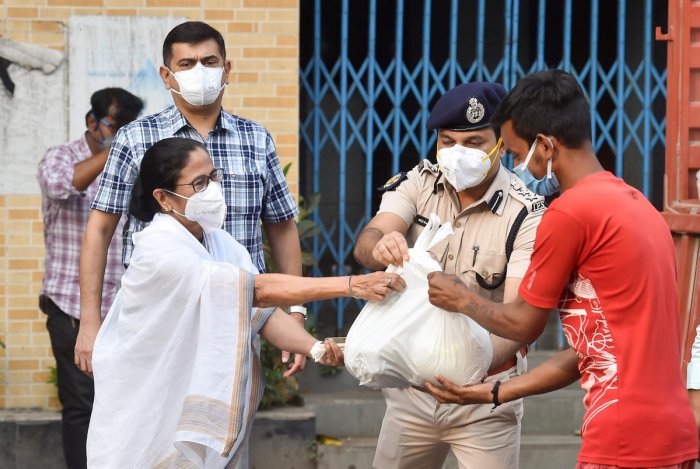
Apart from sweet shop owners, the government’s decision will also benefit the 1.2 lakh dairy farmers under the West Bengal Co-operative Milk Producer Association who largely contribute to the state’s annual milk production of about 53.83 lakh metric tonnes.
But the biggest cheers in support of the government’s move came from ordinary Bengalis like Dasgupta.
Sweets, along with fish, are part of a quintessential Bengali diet and hence it was a gastronomical challenge for the Bengal government to ensure that its citizens do not miss out on their favourite gourmet.
A long, sweet affair
The presence of sweets in Bengali cuisine is so prominent that many historians believe that ancient Bengal derived its name “Gour Banga” from the term “gur” (jaggery), which was produced in abundance in the region. The early Bengali sweetmeats were varieties of ‘pithe’ (pancakes) made from rice flour, jaggery, kheer, coconut and dried milk as mentioned in books like the Manasa Vijay written by 15th-century Bengali poet Bipradas Pipilai.
The practice of using ‘chhana’ (cottage cheese), the main ingredient in present-day Bengali delicacies such as sandesh and rosogolla was picked up by Bengalis much later from the Portuguese pirates, who used to frequently raid Bengal to plunder its riches.
Food writers and historians point out that there was no mention of cottage cheese in any Indian texts before the 16th century as curdling milk was considered inauspicious by Hindus.
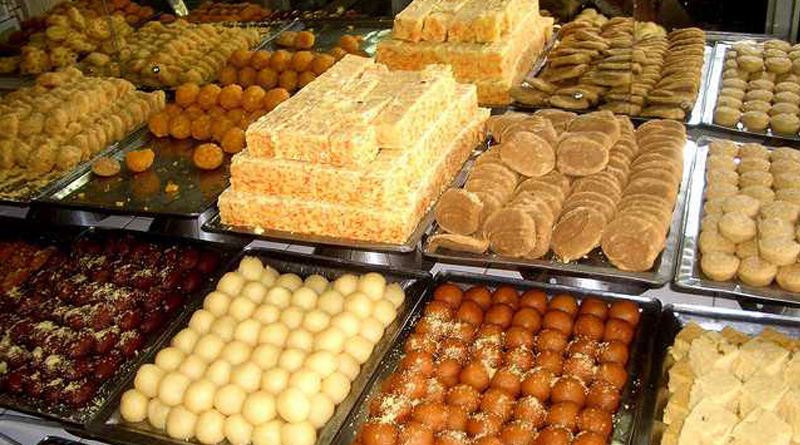
Eminent food historian KT Achaya, in his writings, mentioned how the Portuguese “loved cottage cheese, which was made by breaking milk with acidic materials”.
“This routine technique may have lifted the Aryan taboo on deliberate milk curdling and given the traditional Bengali moira (confectioner) a new material to work with,” Achaya writes.
The Bengali confectionery further evolved in the 18th century following the growth of cosmopolitan urban centres such as Murshidabad, Bardhaman, Bishnupur and Krishnanagar in western Bengal, and Dhaka and Natore in eastern Bengal.
The much-venerated rosogolla was invented by Nabin Chandra Das in his small shop in Baghbazar in Kolkata in the latter part of 19th century. His son Krishna Chandra Das was credited with ‘inventing’ the rosomalai (a milk-based dessert) in the mid-20th century.
Bengal got the Geographical Indications (GI) status for the spongy syrupy cheese balls in 2017 after months of a bitter battle with Odisha over the origin of the delicacy. The state’s variant of the sweet was finally rechristened as “Banglar Rosogolla”.
The Chennai-based GI Registry also accorded a similar status to another version of the sweet originated in Odisha, almost two years after Bengal got its tag. The sweet from the neighbouring state was renamed “Odisha rasagola.”
Steeped in such bitter-sweet history, rosogolla as well as a host of other Bengali sweets became synonymous with the state. No wonder, the West Bengal tourism department’s tagline describes the state as the “sweetest part” of India.
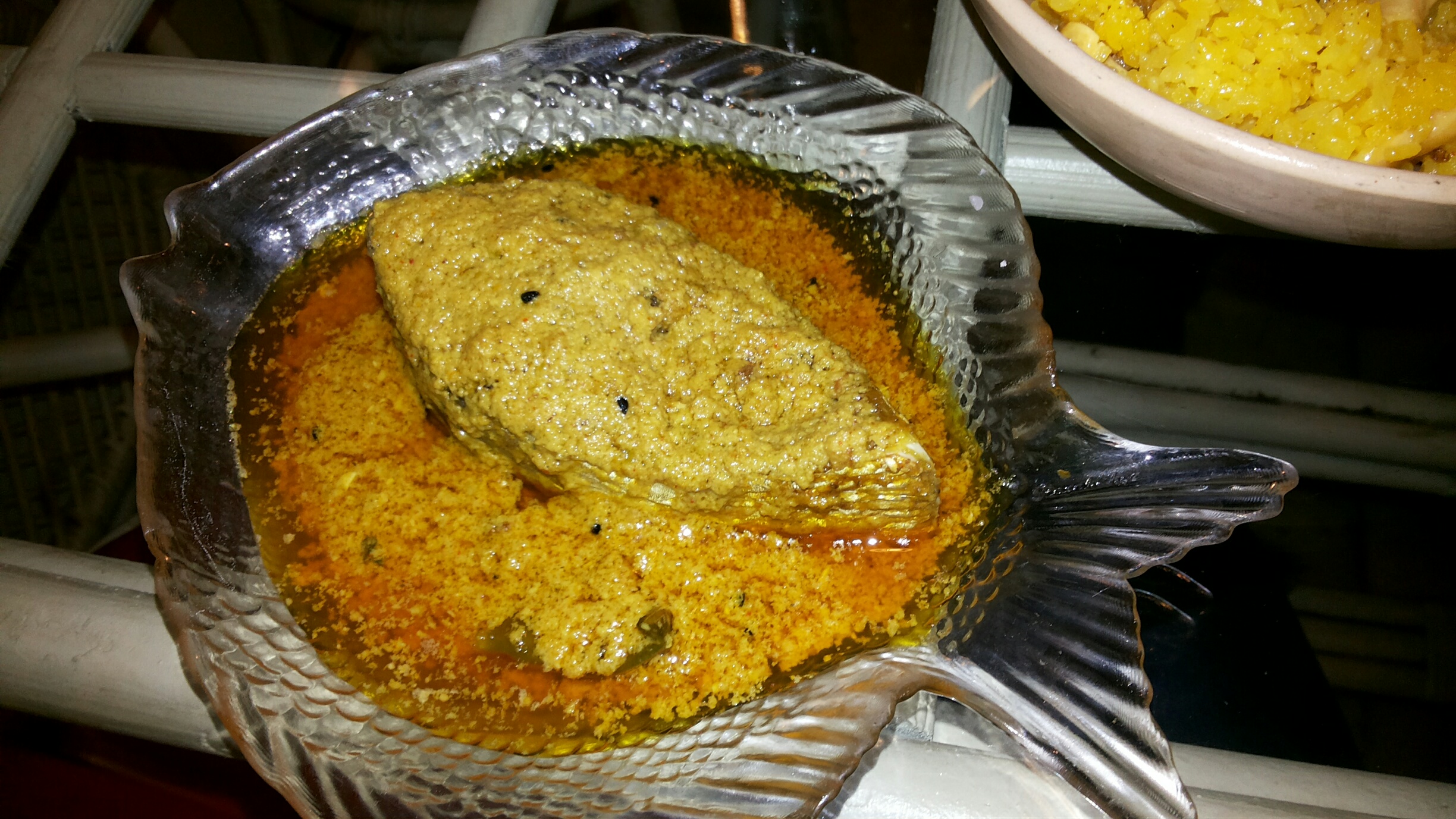
Mishti craving in times of corona
This yearning for a good dessert, however, remains an elitist obsession, unlike Bengali’s other culinary favourite — the fish, which has a wider and inclusive reach in the state.
Even the lower-middle class tries to include at least a small piece of fish in their daily diet. Keeping in mind the customised needs of this class of buyers, it’s common for fish vendors to sell cut pieces of fish as small as 150-250 grams. Moreover, prices of small fish are within the budget of the lower-income group.
“In ₹50, I can get half a kilo of Bata Maach [a small, silvery-white freshwater fish], with which I can serve my family of four at least four meals,” says Anima Naskar, a fish vendor herself.
She, however, says sweets are a luxury her family indulges only on special occasions or puja.
Subrata Chakraborty, another sweet craver, says for him eating sweets is an addiction, just like smoking cigarettes. He wholeheartedly welcomes the government decision though feels a timeframe of 10am to 2pm would have been better.
Some sweet shop owners too believe that not many customers would venture out to buy sweets in the afternoon. “After all, a Bengali bhadralok loves his afternoon siesta as much as his sweets,” says Subir Ghosh, owner of Maa Basanti Sweets near 3-A bus stand, Thakurpukur in Kolkata.
